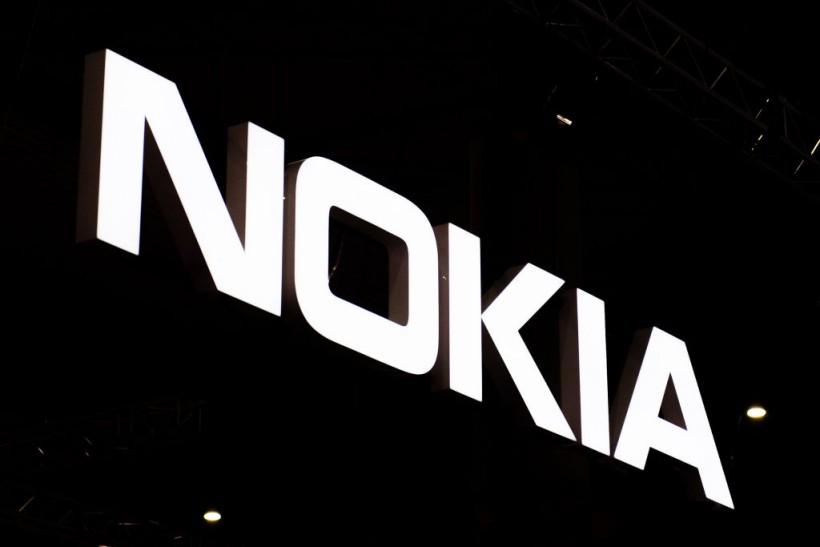Japanese vehicle brands Toyota, Honda, and Nissan, will now need to pay patent fees to Nokia and other telecom companies, as reported by Nikkei Asia.

(Photo : David Ramos/Getty Images)
BARCELONA, SPAIN - FEBRUARY 28: A logo sits illuminated outside the Nokia booth at the SK telecom booth on day 1 of the GSMA Mobile World Congress on February 28, 2022 in Barcelona, Spain.
The patent fees are for the use of wireless technology to connect vehicles to the internet. This is the first time any Japanese automaker has agreed to pay for such license fees.
Toyota, Honda, and Nissan, along with Europe's Stellantis, will sign a contract with US-based company Avanci that negotiate patent fees for the LTE communication standard. The automakers will pay $15-$20 per vehicle for using 2G, 3G, and 4G cellular network technologies.
In general, Japanese automakers usually let their parts suppliers handle these patent fees, as to protect themselves from this kind of obligation. However, things are changing, and now is the time for these automakers in Japan to deal with the patent cost for their car technologies to connect to the internet wirelessly.
Also Read: Toyota Suffers With Low Earnings, Keeps Customers Waiting Due to Chip Shortage
Not a First
This is not the first an automaker paid patent fees to a telecommunication company. Last year, Mercedes-Benz agreed to pay 4G licensing fees to Nokia.
In the coming years, all new vehicles will be connected to the internet either through cellular networks or a direct link. The carmakers must ensure connectivity or risk losing business to tech companies.
The incoming 5G networks will make connected cars more accessible and available. With the new 5G networks, automakers will have more data and see how connected vehicles can work better. It's up to the automakers if they want to invest their own money in the patent cost to connect their vehicles to the internet.
The automakers are also investing their own money on new technologies. These technologies will be added to the vehicle's equipment to make it more productive.
Connected vehicles will make every vehicle safer for its driver, passengers, and other vehicles.
The wireless connectivity will also enable cars to have more automated functions. This will allow a car to be more efficient, safe, and reduce the cost of ownership. The driver and passengers will also have a smoother ride with cars that are connected to the internet.
For example, Toyota is using its vehicle's internal network to connect it to the cloud. This will allow the driver and passengers to access the internet and stream music and movies. The automaker will soon roll out a connected vehicle variant with 4G LTE to connect to the internet.
In the future, the use of wireless technologies will be more than a luxury. It will become a necessity as most new vehicles will be connected to the internet.
Related Article: Honda Outlines the Prologue EV Design Process Ahead of its 2024 Debut
This article is owned by Tech Times
Written by April Fowell









